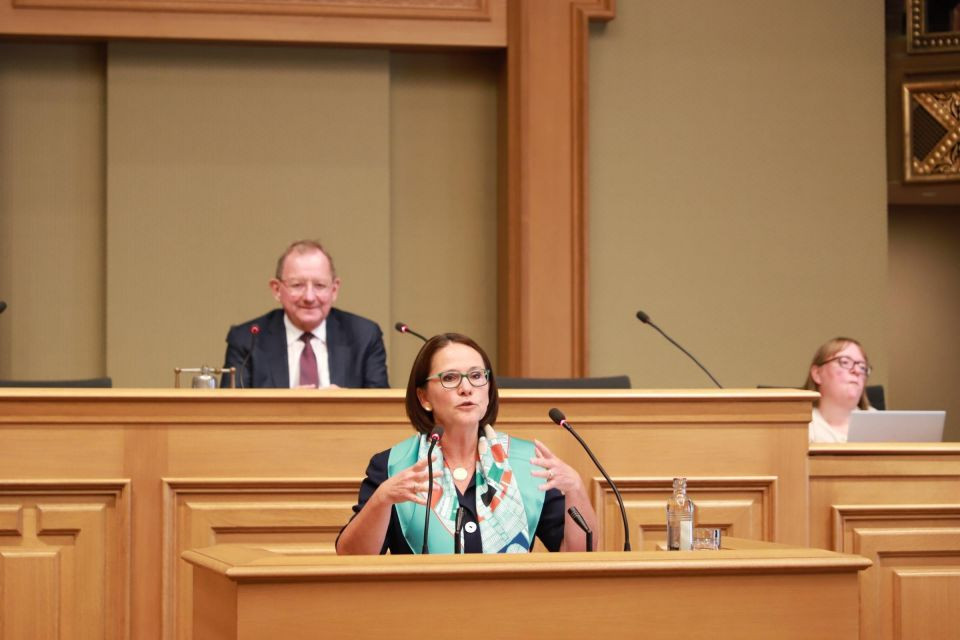Luxembourg’s for parliament to proceed with a vote on a tax credit for wage indexation, following an agreement between the government, Union des entreprises luxembourgeoises (UEL), and the LCGB, CGFP and OGBL trade unions.
The Chamber of Deputies on 29 June unanimously voted to pass the package of measures, which included:
- the linear adaptation of the personal income tax rate to inflation;
- the compensation of two and a half index brackets from 2024; and
- the retroactive introduction of the economic tax credit from 1 January 2023.
As an in the press release, the changes will allow a couple (tax class 2) with two children and a mortgage to benefit from a gain of €2,460 this year and €2,580 next year, thanks to the deduction of deductible interest on mortgages.
A young, single person without children (in tax class 1) who has an annual gross salary of €60,000 would see a gain of €525 this year and a gain of €705 next year, thanks to the adaptation of the tax scale to inflation.
“These strategic tax measures are the result of a constructive dialogue with the social partners and make it possible to compensate for the increase in the cost of living and to reduce the burden weighing on households,” said finance minister (DP).
The bill also includes the increase to 75% of the exempted portion of net rental income from social housing, retroactive from 1 January 2023, as well as a complementary tax credit for the self-employed, employees and retirees in order to compensate for the carbon tax.
